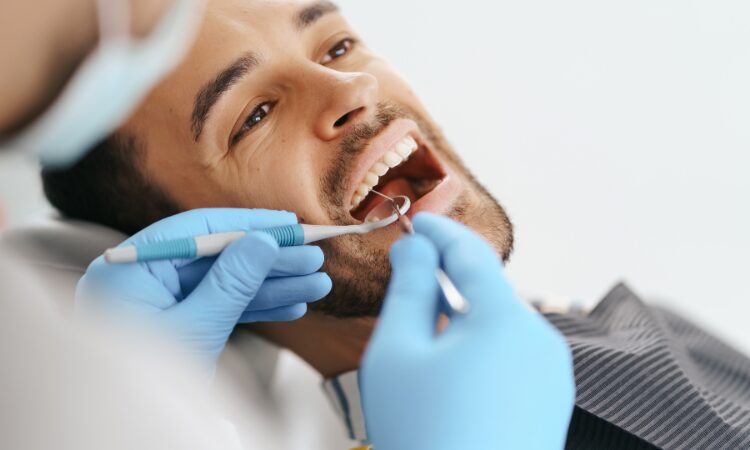At Cooper Family Dental, we know how important it is to make the most of your dental benefits. As the year draws to a close, it’s the perfect time to review your dental insurance and ensure you’re using all your benefits before they expire. Understanding why dental benefits expire at the end of the year and how to maximize them can save you money and help you stay on track with your dental health goals.

Why Do Dental Benefits Expire?
Dental insurance operates on a calendar-year basis, meaning your benefits reset each January. If you haven’t used your full dental benefits by the end of the year, you’ll lose them. This can include coverage for exams, cleanings, fillings, crowns, and other treatments. Most plans also have an annual maximum, the highest amount they will pay for dental services in a year. Once you’ve reached that limit, you’ll have to pay out-of-pocket for additional services, even if you haven’t fully used your benefits.
Another critical factor is your deductible. Treatments or procedures may be covered more if you’ve met your deductible this year. However, once the year resets, your deductible will reset, too, meaning you’ll start over in January. To avoid paying more than necessary, it’s wise to schedule any treatments to take full advantage of your current benefits before they expire.
Preventive Care: The Foundation of Your Oral Health
Most dental plans fully cover preventive services, including routine exams, cleanings, and X-rays. These services are essential for maintaining good oral health and catching potential issues early before they become bigger, more expensive problems. Preventive care appointments are often 100% covered, so there’s no reason to wait.
If you haven’t scheduled your annual cleaning or check-up, now is the time. These visits can help identify early signs of cavities, gum disease, or other oral health concerns, allowing you to address them before they worsen. By using your dental benefits for preventive care, you’re taking care of your oral health and saving money on more expensive treatments in the future.
Take Care of Necessary Dental Work Before It Gets Worse
If you’ve been putting off dental treatments like fillings, crowns, or root canals, now is the time to take action. Insurance may not fully cover these procedures, but you can use any remaining benefits to cover a portion of the cost. Delaying treatment can lead to more complex and costly procedures down the road, so it’s better to address issues now rather than wait until they become more serious.
For example, a small cavity can quickly become a larger problem if left untreated. What may have been a simple filling could require a root canal or even a tooth extraction. By taking care of any dental work now, you can prevent future issues and reduce the overall cost of treatment.
Major Procedures: Get Started Before the Year Ends
If you’re considering major dental work, such as dental implants, orthodontic treatment, or cosmetic procedures, starting the process before the end of the year can help you make the most of your benefits. Many major dental procedures require multiple visits and can be expensive without insurance coverage. By starting these procedures now, you can use your remaining benefits to help reduce the overall cost.
Even if your dental plan doesn’t fully cover these major procedures, they may still cover a portion of the cost, which can help you save money. Starting the process now also gives you time to plan and budget any remaining costs that might carry into the new year.
Flexible Spending Accounts (FSAs) and Health Savings Accounts (HSAs)
If you have an FSA or HSA, review your account balance and use any remaining funds before the year ends. These accounts allow you to set aside pre-tax dollars for medical and dental expenses, saving you money on treatment costs. FSAs, in particular, typically follow a “use-it-or-lose-it” rule, meaning unused funds will expire at the end of the year.
If you have an FSA or HSA, consider using those funds for any outstanding treatments. Whether routine cleaning or a more expensive dental procedure, using your FSA or HSA can help you reduce out-of-pocket expenses and get the dental care you need.
